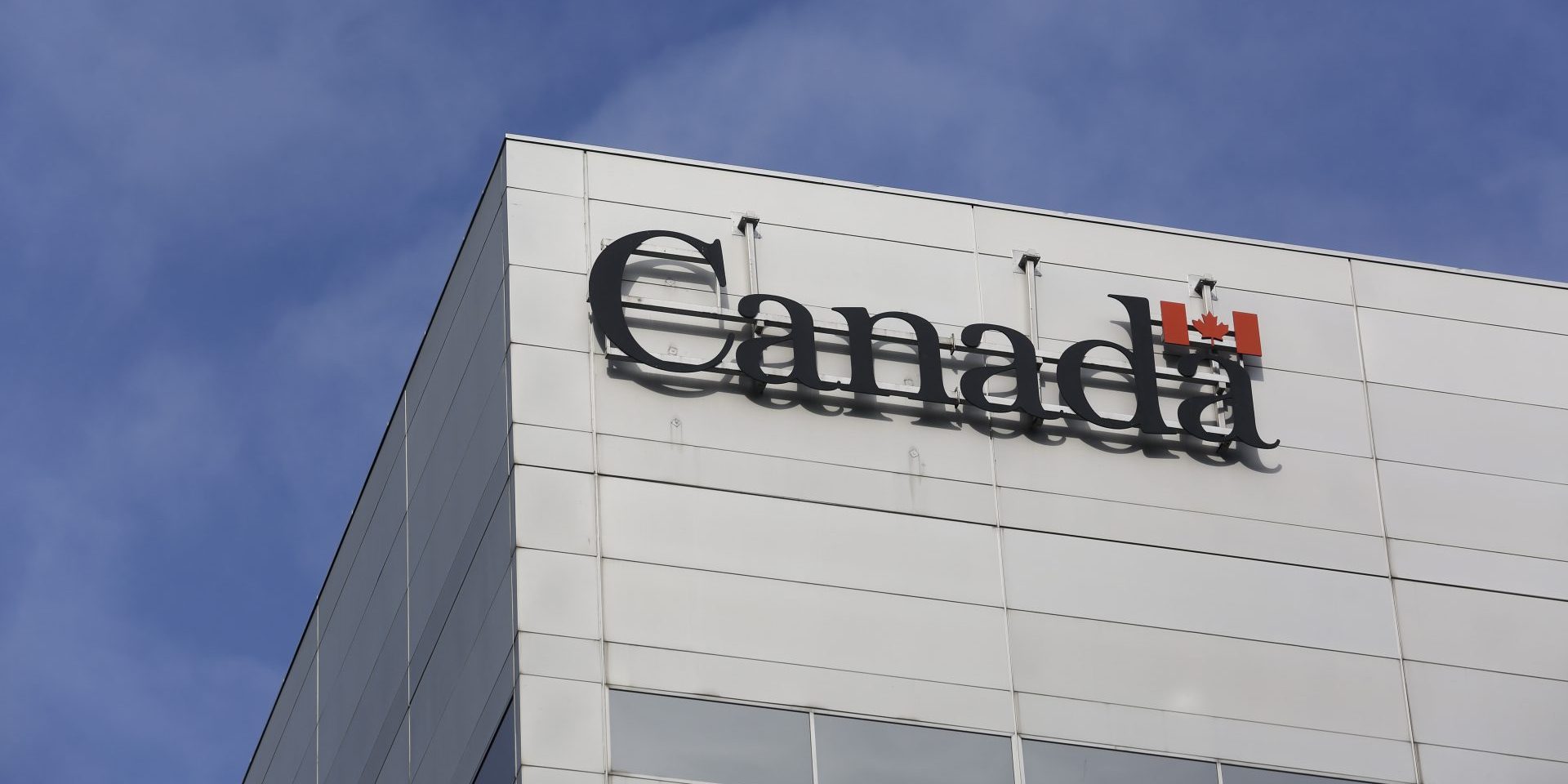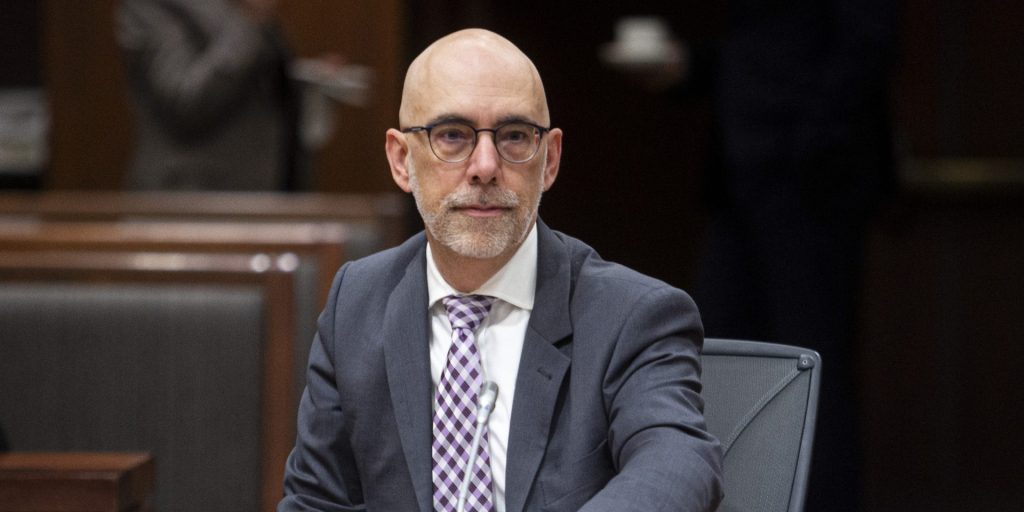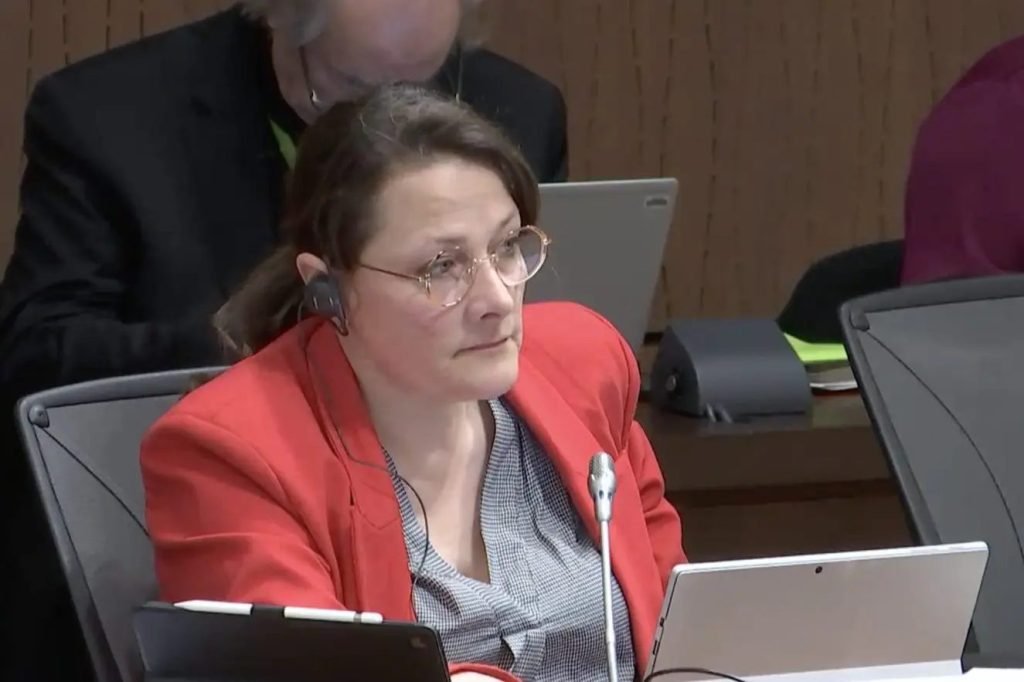‘Big Four’ consultants raked in over $220-million in federal contracts last year, despite plans to cut spending

Government spending on the largest consulting firms is declining slightly, but taxpayers are still on the hook for more than $220-million spent last year for consulting contracts, public data shows.
A Hill Times analysis of the federal government’s publicly disclosed data on federal contracting shows that the “Big Four”—Deloitte, PricewaterhouseCoopers (PwC), KPMG, and Ernst & Young—have collectively secured more than $220-million through more than 200 government contracts in 2024, despite the federal government’s plans to reduce reliance on external consultants.
This figure represents a roughly 18-per-cent decline from the previous year when these firms received nearly $272-million in total for about 500 contracts. However, it underscores the persistent reliance on external services as the government faces increasing scrutiny over its heavy reliance on consultants, and flaws in contracting practices.
The departments that spent the most on consulting contracts in 2024 are Employment and Social Development Canada; Shared Services Canada; the Canada Border Services Agency; and Immigration, Refugees, and Citizenship Canada (IRCC).
Data shows that in 2024, Deloitte received the lion’s share amongst the Big Four, receiving $136.4-million from the federal government for its work across departments with the company’s largest clients being Employment and Social Development Canada at $49.4-million, the CBSA at $37.5-million, and Shared Services Canada at $19.2-million.
KPMG secured around $60-million in federal contracts, including nearly $16-million from the Canada Revenue Agency, and $29.6-million from Shared Services Canada during the same period. Ernst & Young made $21-million from contracts through IRCC worth $8.2-million, and Shared Services Canada worth $4.2-million.
Meanwhile, PwC received $6.1-million in federal contracts, including $4.4-million from contracts with IRCC, and $721,000 from the RCMP.
The majority of contracts were for accounting and auditing, management consulting, information technology and telecommunications services. The dollar amounts reflect all contracts awarded to the Big Four firms, including those secured individually as well as in collaboration with other firms.

Parliamentary Budget Officer (PBO) Yves Giroux told The Hill Times in a Jan. 17 interview that last year’s spending on contracts with the Big Four seems “a bit high” given the government’s commitments to reducing its reliance on external contractors.
In a bid to save $500-million, the 2023 federal budget aimed to reduce spending on consulting, professional services, and travel spending by 15 per cent in the 2023-24 fiscal year. Those targets were particularly focused on trimming expenses related to management consulting, part of a broader plan to cut $15.4-billion in government spending over five years.
The PBO also noted that it might be difficult for public servants to deliver services in remote and rural communities, including engineering services for the Department of National Defence, specialized acquisitions, or capital investments.
“These are all factors that suggest it might be difficult to drastically reduce the use of outside consultants,” Giroux explained.
However, what’s “bizarre” is the repeated awarding of contracts to the same firms for the same types of expertise year after year, according to the PBO.
“Then it suggests that the government would probably be better off hiring that expertise if it’s going to be needed for an extended period of time, rather than contract it out,” Giroux said.
The federal public service expanded by 30 per cent, growing from 282,980 employees in 2010 to 367,772 in 2024.
According to a 2023 briefing note prepared for then-Treasury Board president Mona Fortier (Ottawa-Vanier, Ont.), federal spending on external professional services rose from $8.5-billion in 2015 to $13.5-billion in 2022. Budget 2023 proposed to cut spending on consulting, other professional services, and travel by roughly 15 per cent of planned 2023-24 discretionary spending in these areas.
Giroux also noted that “it’s more surprising to see the use of external consultants when it comes to management services or policy advice,” adding that in-house expertise should have an edge given public servants’ access to confidential, government data. The PBO stated that relying on external consultants may also create a risk of biased advice that may not be fully non-partisan, and influences government decision-making, whereas public servants follow a code of conduct and are subjected to limitations on their political activity.
“The other risk is paying more than necessary because consultants tend to charge higher rates than the public service costs,” Giroux said.
Former Privy Council clerk Michael Wernick told The Hill Times that “If any government elected this year wants to reduce the use of outside contractors, it will have to invest a lot more in training of public servants and start using a wider range of compensation tools such as recruitment and retention bonuses for specialists.”
Wernick added that “procurement has reached the point where any government elected this year should look at the underlying structure of government as part of the solution.”
In an email to The Hill Times, Sean O’Reilly, president of the Professional Institute of the Public Service of Canada, which represents thousands of federal staff, said that “the supposed benefits of large consulting firms like the Big Four often fail to materialize.”
According to O’Reilly, while the government’s spending on these firms last year is “not surprising,” the “persistent spending underscores the government’s repeated failure to deliver on its commitments to reduce outsourcing.”
“The government has yet to outline a clear timeline or strategy to achieve its stated 15-per-cent reduction—and the trends don’t look promising. Without a concrete plan, and given its history of unmet commitments, meaningful progress toward reducing reliance on outsourcing is doubtful,” he said.
O’Reilly stated that unchecked federal spending on outsourcing has created a “shadow public service of consultants and temporary staff” who are not hired based on merit, not subject to budget restraints or hiring freezes, and not accountable to the Canadian public. He also highlighted that dependence on specific firms creates a vulnerability to contractual disputes, and that the government neither discloses nor tracks how many contractors are currently working in the public service or where they’re assigned.

Bloc Québécois MP Julie Vignola (Beauport–Limoilou, Que.), vice-chair of the House Government Operations and Estimates Committee (OGGO), told The Hill Times by email that she views the money spent on contracts with the Big Four “as [the government’s] incapacity to recognize and to rely on its own strengths within the employees of the departments, and a demonstration of the incapacity of the government to respect its own promises.”
Touching on the federal public service’s expansion over the last decade, Vignola questioned: “Are none of [the public servants] able to accomplish the tasks given to consultants? If so, there’s a serious issue with the hiring process … If there are competent employees able to do tasks but ignored by the departments, there is a huge management problem.”
While acknowledging that hiring consultants can be useful for specific, short-term tasks, Vignola expressed concerns about the transparency in the awarding process, and potential misuse of sensitive data. Citing McKinsey as an example, she said data provided by Canada “are used to build that benchmark, and [are] used with other countries as comparison information.”
Both O’Reilly and Vignola underscored the need for investing in training, listening to public servants’ needs, and addressing skill gaps within departments; and reforming the procurement processes to ensure fair competition among contractors to lessen the need for external consultants.
OGGO has been studying government spending on outsourcing and consulting contracts under the Liberal government since 2023, including but not limited to those awarded to the Big Four. Other OGGO MPs did not respond to The Hill Times’ inquiries by publication deadline.
While those committee meetings—which are not currently being held due to Parliament’s prorogation—have been the stage for political cross-fire with some opposition MPs digging into perceptions of favouritism towards McKinsey and the firm’s alleged ties to the Liberals, members have also heard from witnesses over the last year sharing insights into the causes and consequences of outsourcing.
There are no records of any federal contracts awarded to McKinsey & Company in 2024. While McKinsey is not part of the Big Four, it is one of the world’s largest management consulting firms, and has previously faced intense scrutiny over its dealings with Ottawa, mostly due to revelations of the company’s increased earnings to the tune of millions of dollars from federal contracts since the Liberals came to power in 2015.
Accenture, another major consultancy firm outside the “Big Four” was awarded 23 contracts in 2024 with a total value $261.5-million. The company has been embroiled in controversy after Auditor General Karen Hogan’s December 2024 report revealed that Export Development Canada, a federal Crown corporation, gave the company “too much control” over $313-million in contracts to manage a COVID-19 emergency loan program during the pandemic.
ikoca@hilltimes.com
The Hill Times
EDITOR’S NOTE: This story was updated on Jan. 28 at 2:30 p.m. to correct numbers associated with KPMG contracts. This story inaccurately stated that KPMG secured $31.9-million in contracts from the Canada Revenue Agency (CRA) in 2024. This figure resulted from an inadvertent duplication of the total value of one contract and its amendment. According to the CRA, it awarded one contract to KPMG in 2024, originally valued at $8,023,000, which was later amended to increase it by $7,919,040, bringing the total awarded value to $15,942,040.






 LICENSING
LICENSING PODCAST
PODCAST ALERTS
ALERTS













